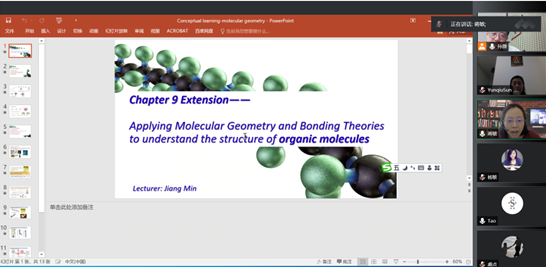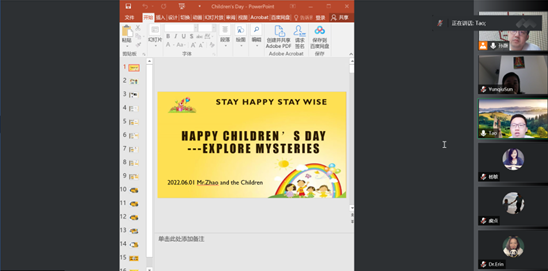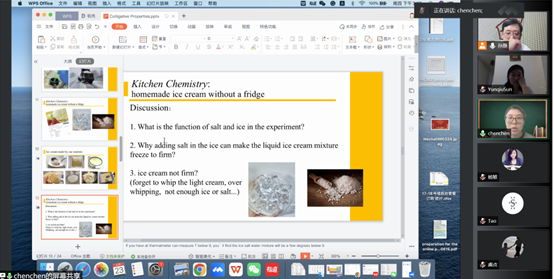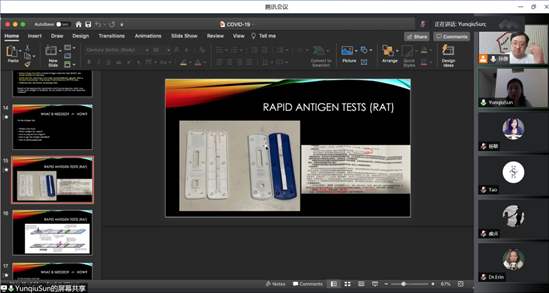-
ABOUT US
-
ACADEMICS
Curriculum Program
Departments
- English
- High School Chinese
- Primary and Junior School Chinese.
- High School Mathematics
- Middle School Mathematics
- Primary School Mathematics
- Music and Fine Arts
- Physical Education
- Physics
- Chemistry
- History and Geography
- Physical Science and Optional courses Department
- Middle School Biology
- High School Biology
- Social Sciences
- Computer Science
- Courses in Primary School
Achievements and Matriculations
College Counseling
Science & Technology Innovation Contest
Subject Competition
-
ARTS
-
ATHLETICS
-
AT SHSID
SHSID ∣ TIMES
PTSA
Club Exhibition
- 龙吟社
- Live 2 Drama
- Choir
- Hip-pop Dance Club
- The Primary School Dance Troupe
- Symposiums Club
- Biology Workshop
- You Shan
- VEX Robotic
- Peking Opera Club
- Baseball Club
- Model United Nations
- The World Scholar’s Cup
- Future Problem Solving Club
- United States Academic Pentathlon
- OM Club
- AMC Club
- Music for Patients
- SHSID Gazette
- Smile Charity
- Cultural Moments
- SciAcademy
- Stem Doge Alliance
- Chinese Debate Club
- IAA
- Mock Trial Club
- Zhengming Club
- Furry Friends
- GT-Racing
- Village Radio
- IMMC Club
- Creative Design and Intelligent Fabrication
- Future City Research Project
- ECOCAP
- AdvocaSEA
- SPDC
- Medishine
- Floorball Club
- Animusic MTC
- Wings Up
- All Booked
Health and Wellness
Campus Safety
Cafeteria Service
-
ADMINISTRATION
-
ADMISSIONS
-
ALUMNI
Alumni Information
Honors Students
- Class of 2025
- Class of 2024
- Class of 2023
- Class of 2022
- Class of 2021
- Class of 2020
- Class of 2019
- Class of 2018
- Class of 2017
- Class of 2016
- Class of 2015
- Class of 2014
- Class of 2013
- Class of 2012
- Class of 2011
- Class of 2010
- Class of 2009
- Class of 2008
- Class of 2007
- Class of 2006
Who Studied at SHSID
SHS Foundation
-
DOCUMENTS
Chemistry Department: Evaluation Salon
On the afternoon of June 23, by the organization of Sun Hao, the head of the Chemistry department, the teachers of the Chemistry department carried out a unique class evaluation salon. First of all, Mr. Zhao Tao shared his online open class with the theme of celebrating Children's Day. He designed to allow students to conduct online exploration in groups and show them in class, which not only exercised students' ability to find and solve problems, but also cultivated students' skills in applying scientific methods. At the same time, he raised two thinking questions for the students, so that the students can realize the application of the knowledge learned in this semester to the actual situation of solving problems, to discuss open and complex problems, and to think about the nature of learning. The theme of June 1 also gave Mr. Zhao high expectations for the students, hoping that the students would keep their curiosity like children.
Afterwards, the teachers had a lively discussion and made the following comments: The course reflects the characteristics of PBL and deep learning, but if there are failure case presentations, problem presentations and students' learning reflections, students will be able to think and discuss more deeply; It is good to string together the clues through Children's Day, but the students talk too much and it is difficult for the students to understand the themes of the class. If the teacher can design the clues in advance, let them have more dialectical and powerful discussions, which will be more purposeful and more effective. If the students think in a targeted manner, the classroom will get better results; when the teacher is designing the classroom, the setting of the teaching goal should be further clarified.


Then Ms. Jiang Min shared her teaching design for open classes. Through the study of knowledge in this semester and the understanding of the learning content in Chapter 9, students are guided to apply knowledge such as hybridization and delocalized π bonds to the process of solving practical problems. The main line of the open class focuses on the discussion of three issues: the discussion of the connection between molecular polarity and the properties of organic molecules, the influence of molecular polarity on the behavior of organic molecules, and the discussion of the properties of organic molecules with many large pi bonds such as crown alkenes. The discussion is followed by a student presentation, which combines the teacher's lecture with the student's communication presentation.
In the teacher discussion session, everyone highly affirmed Mr. Jiang's teaching design of applying knowledge to practice and linking structure and nature. And it is suggested that if students have more background knowledge in advance, they may understand better. This open class is a good teaching experiment. It is a process worth trying and thinking about how to associate the later knowledge with the previously learned knowledge and how to apply it.
Afterwards, Ms. Yang Min shared her open class designed across disciplines. She combines four different interdisciplinary projects with what students have learned to design an open class that integrates warm-up, new lesson learning, in-depth discussion, and student presentation. After fully affirming the fiery interactive atmosphere of the classroom, the teachers also put forward suggestions: such as in-depth discussion of the polarity of carbon dioxide molecules and further clarification of teaching objectives.
Afterwards, Ms. Chen Chen shared her public class on exploring the relationship between solvents and properties. Before the class, Mr. Chen did a lot of preparation work, and designed an experiment on how to make a successful ice cream to stimulate students' interest in learning. In addition to affirming the difficulty and reasonable design of the teaching content, the teachers proposed an experimental design that allows students to conduct quantitative exploration step by step in relation to molecular polarity and freezing point reduction and proposed that the learning content can be appropriately deleted to give students more time to think.
Finally, Ms. Sun Runqiu shared the open class of antigen test she designed. The lesson she designed just fit the interests of the students, and let the students pay attention to the chemistry in life, learn and apply them. Finally, the teachers discussed how to design and introduce open-ended questions on this topic, to better guide and inspire students, and apply knowledge to solve practical problems.
This class evaluation activity has benefited everyone a lot. All the teachers have a deeper understanding of teaching and research, and also laid the foundation for a few sentences in the next semester.


(Written/Pictures by Chemistry Department Reviewed by Qian Zuo)